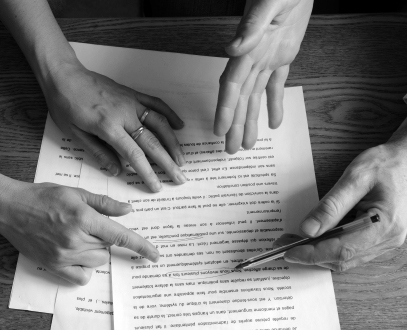-
Lot Size36,591 sqft
-
Home Size2,102 sqft
-
Beds3 Beds
-
Baths3 Baths
-
Year Built1987
-
Days on Market2
Frequently Asked Questions from First-Time Buyers
- Real Estate Tips
- Coldwell banker Encinitas, real estate agent in encinitas, Real Estate Agent Linda Moore Coldwell Banker Encinitas California, real estate in Encinitas, real estate tips
- September 24, 2015
Q: What is a short sale?
A short sale is an alternative to foreclosure in which a home is sold and the resulting proceeds are less than the balance of debts secured against the property by liens, leaving the home owner unable to repay the liens in full. The lien holders then agree to release the lien and accept less than they are owed.
There are often short sale homes in good neighborhoods for relatively low prices. If considering purchasing a short sale, keep in mind that many of these properties may be damaged (or have outdated appliances) and require thousands of dollars in renovations. Always make sure you complete a full home inspection before considering a short sale purchase.
Q: How many homes should I look at before making an offer?
This is a trick question– there’s no set amount of houses you need to look at before making your decision. You might make an offer on the second home you see, you might not make one until the 25th home. Don’t let yourself get pressured into making a purchase you’re not completely, 100 percent confident with.
Q: What is earnest money?
An earnest money deposit is a deposit you make to the seller in order to confirm your “good faith” in a transaction, and show the seller you are serious and committed to buying their home. Generally the larger the sum, the more seriously a seller will take your offer. And because this sum is a deposit, the same amount will be subtracted from the final price you’ll pay later, at the closing table.
Q: What happens after I make an offer on a home?
There are four different ways the seller can respond to your offer:
-
Accept: If the seller has no changes requested to your offer, you’ll be able to start forming the contract.
-
Counter Offer: The seller will send back a written counteroffer accepting most of your terms with his/her own changes added, either to the price, closing date, or contingencies.
-
Reject: If the seller doesn’t counter and just says no, you can place another offer.
-
No Response: This doesn’t happen very often, and usually is because the offer is so low it’s offensive to the seller.





